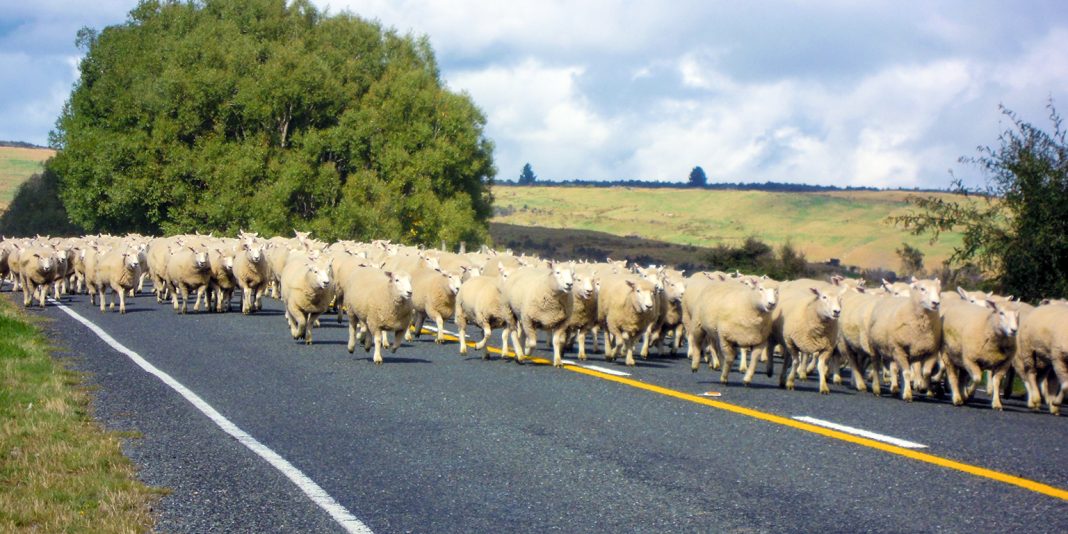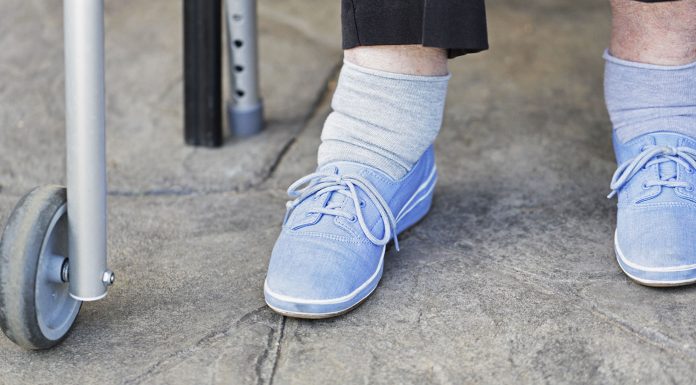Michelle Shaw was born in a small rural town but it wasn’t in the city girl’s life plan to live in one again.
Fate had other plans and in her early 30s she followed her partner to Alexandra and the nurse, who had only ever worked in city hospitals, found herself two and a half hours drive from both Dunedin and Invercargill.
But just down the road in Clyde was the community-owned Dunstan Hospital and she thought, ‘why not, they only planned to be there for a couple of years’.
“But 10 years later we are still here,” laughs Michelle. “I came to really love working in a rural hospital and the variety of skills that you need.”
She is now an associate charge nurse at Dunstan whose facilities include a 24-acute-bed ward (including a three-bed, high-dependency unit) and provides secondary health services to around 25,000 people in the Central Otago and Wanaka regions (plus tourists in the busy summer months).
Michelle admits that she used to be one of those urban nurses who wondered what rural hospital nurses actually got up to. That was quickly replaced by feeling quite overwhelmed by the knowledge and skills required to care for acute patients across the age spectrum.
“When you first start, you feel ‘I’ve got to be an expert in all these things’,” recalls Michelle. “But then you realise you don’t have to be an expert in everything, you just have to know a lot about everything and some things you might know more about than others. And you become the ‘generalist specialist’ that rural nursing requires.”
Michelle says Dunstan’s HDU beds may have patients with acute coronary syndrome, severe infections or respiratory illnesses (requiring non-invasive ventilation). In the 21 other beds are medical patients, rehabilitation patients (often recovering from hip or knee surgery in Dunedin), palliative patients and children with a variety of illnesses. Michelle adds that high demand and a growing population means it can often have more patients than the funded and staffed acute beds – an issue, along with ongoing other funding dilemmas, that the community hospital is trying to address.
The hospital has no emergency department but can have patients arriving at all hours by ambulance or self-referral. Storms and winter weather mean immediate transfers aren’t always an option for the critically ill or injured. Recently one patient being choppered to the only ICU bed available between Christchurch and Invercargill had to return to Dunstan in the wee hours as the weather was too atrocious for the helicopter to continue.
Michelle says it is situations like this that bring home the difference between nursing in an urban setting, where a specialist or ICU is just down the corridor, to a rural setting where “it’s just us” – your fellow ‘generalist specialist’ doctors and nurses you can turn to for help.
“But I think there’s still a perception out there that we don’t do a lot,” laughs Michelle. “I think a lot of people who have never worked in a rural area think it’s like an upskilled rest home or something. I never knew what people did either.”
Making more visible the work of rural nurses, and rural hospital nurses in particular, saw Dunstan Hospital nursing leaders Debi Lawry and Rhonda Johnson recently help kickstart a nationwide rural nurse survey and working group (see online news story at
www.nursingreview.co.nz).
Michelle is an urban convert to rural ‘generalist specialist’ nursing who takes pride in providing a great service to her adopted community. And, apart from missing the shopping, she is also a convert to small town life who – when not busy studying for her postgraduate diploma – loves being able to run and mountain bike in the Central Otago great outdoors. In fact, if she moves again it might be to an even smaller town “just to push the boundaries a bit”.
Resources
- Rural Nurses NZ Facebook page www.facebook.com/groups/440474582969538
- New Zealand Rural General Practice Network www.rgpn.org.nz
- New Zealand Rural Hospital Network www.nzrhn.co.nz
See related stories:
Island nurses: rural doyennes
Rapid hat-changing on the Coromandel




















